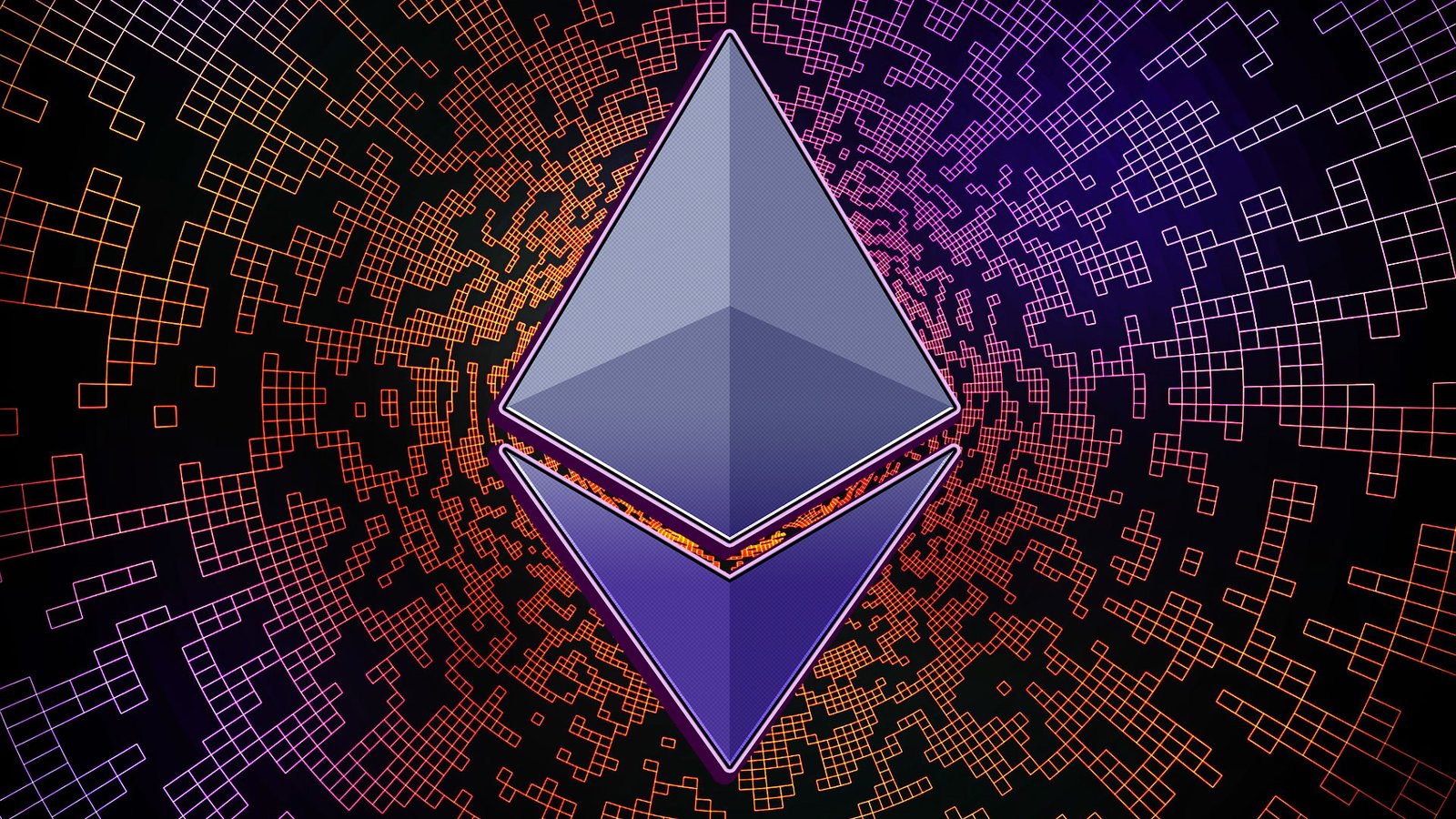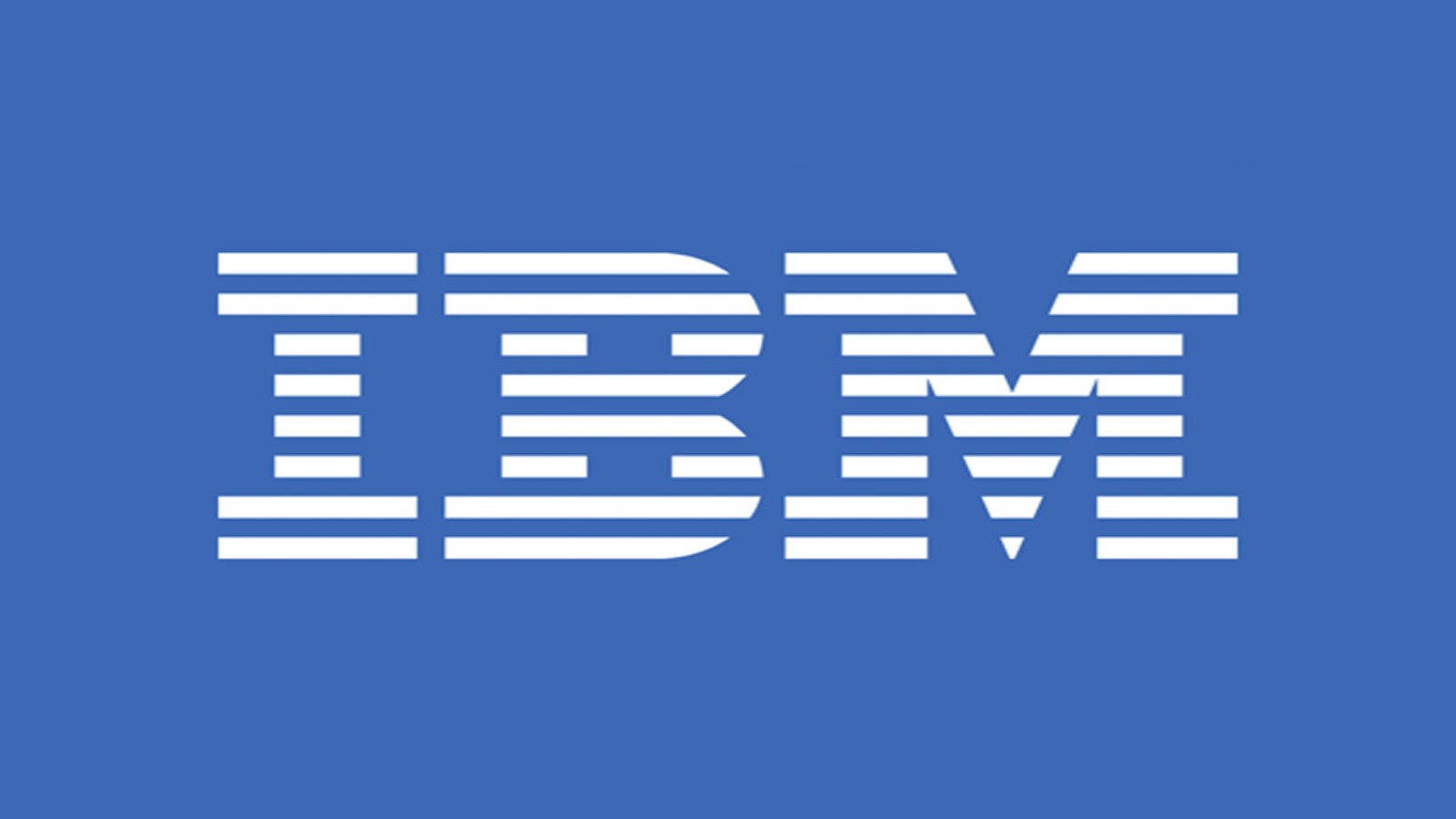Ethereum, the world’s second-largest blockchain platform, has completed a highly anticipated upgrade named ‘Dencun.’ This landmark change targets the longstanding issue of high transaction fees on the network, particularly impacting Layer-2 solutions. The upgrade went into effect on March 13, 2024.
Key Highlights
- Reduced Fees: Dencun aims to significantly reduce data fees for Layer-2 networks such as Arbitrum, Optimism, and Polygon.
- Proto-Danksharding: The core of the upgrade is “proto-danksharding,” which introduces a new data storage method called “blobs.”
- Layer-2 Boost: Layer-2 networks gain a dedicated, more cost-effective space for data storage, potentially making transactions much cheaper for users.
- Scaling Ethereum: Dencun is a preliminary step towards full-fledged sharding, a long-term strategy to boost Ethereum’s transaction throughput.
What is the Dencun Upgrade?
Dencun is considered to be Ethereum’s most significant upgrade since April 2023’s “Shapella,” which focused on enabling withdrawals of staked ether (ETH). The most notable change in Dencun is the implementation of “proto-danksharding.” This new technique introduces “blobs” – a dedicated space for storing transaction data separate from the main Ethereum blockchain.
Layer-2 networks are a key focus of this upgrade. These networks function ‘on top’ of Ethereum, bundling transactions together for more efficient processing. With Dencun, Layer-2s can utilize the less expensive “blob” space instead of competing for inclusion in regular Ethereum transactions. This should lead to both lower fees and faster transaction times for users of Layer-2 solutions.
How Does Dencun Benefit Ethereum Users?
The primary benefit of Dencun is felt on layer-2 networks. These networks operate on top of Ethereum to process transactions more quickly and cheaply. With Dencun, layer-2 networks can store data within dedicated ‘blobs’ instead of competing with regular transactions for limited space. This optimization has the potential to reduce transaction fees significantly for users of layer-2 solutions.
What is Sharding?
The Dencun upgrade lays the groundwork for the broader concept of “sharding” within Ethereum. Sharding involves breaking down the blockchain into smaller, more manageable “shards.” This distribution of workload aims to increase the overall transaction capacity of the network. Proto-danksharding, implemented with Dencun, is the first step in this journey.
Experts Weigh In
The Dencun upgrade has been met with enthusiasm within the Ethereum community. “This is a major leap forward for Ethereum scalability,” remarked Rich Rines, an initial contributor at Core DAO, a blockchain infrastructure development organization. “Dencun addresses a critical bottleneck, especially for Layer-2s.”
While largely positive, some experts note that Dencun isn’t a silver bullet for Ethereum’s scaling problems. The impact on transaction fees for the main Ethereum network will likely be indirect, with Layer-2 networks seeing the most immediate benefits.
The Road Ahead for Ethereum
The Dencun upgrade marks a significant moment in Ethereum’s evolution. By making it more affordable and efficient for Layer-2 networks to operate, the upgrade could usher in a new era of growth and adoption for Ethereum-based applications. The long-term goal of full sharding remains on the horizon, promising to further enhance Ethereum’s capabilities and address the fundamental challenges of blockchain scalability.
Ethereum’s Dencun upgrade marks progress in making blockchain transactions more affordable, potentially boosting the platform’s growth.






























